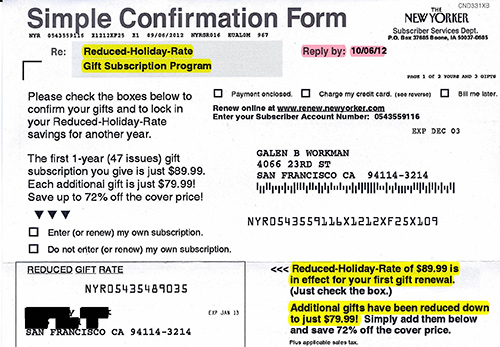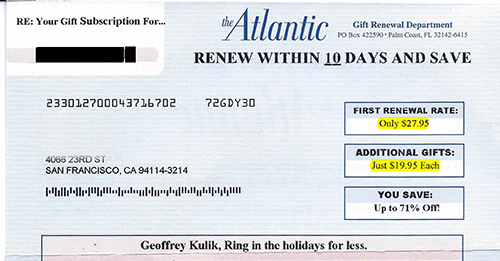iPage Raises Prices, Makes it Difficult to Cancel
Just a heads up for people who have iPage hosting or are considering their services.
I looked at my credit card bill today and saw an iPage charge that was $20 higher for hosting a website than I paid last year. No notice, no nothing. iPage just charged more for the automatic hosting renewal.
The charge comes 15 days before the end of service I’ve paid for. So, I called iPage’s billing department. If the price really went up, then I wanted to move the site to another hosting service. I figured I move sometime this week, before the expiration of the hosting service I have already paid for.
Here’s what I found:
It takes 30 minutes on hold to reach an agent.
The agent confirmed that they raised the price.
She said that they can cancel my account and issue a credit on my card, but cancellation will immediately take down the web site that I paid for through October 14th. If I want to move the site before it’s taken down by iPage, she said that I will have to call billing back when I am ready for the cancellation (and wait another 30 minutes on hold, I guess).
There is no way she can either reduce the price to what I paid this year or simply not let the renewal take place in October.
I wonder if there’s some type of theft going on when they only accept immediate cancellations and take the two weeks of already paid-for hosting service ? Of course, I am not an attorney, and I am sure that iPage’s attorney’s would explain that they have the right to do what they’re doing because of some fine print somewhere.
So, let me just say that their practices are user hostile and sleazy. I recommend staying away from iPage.


